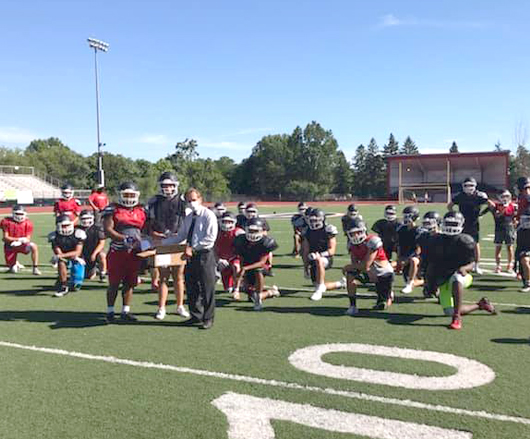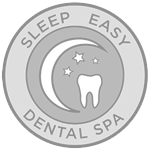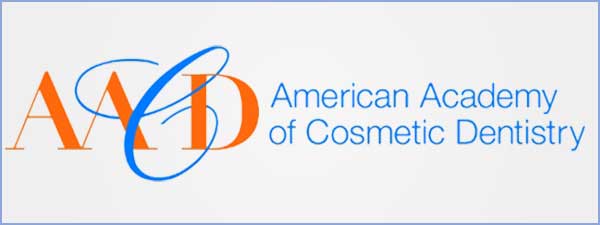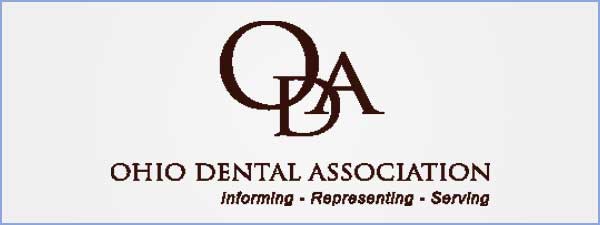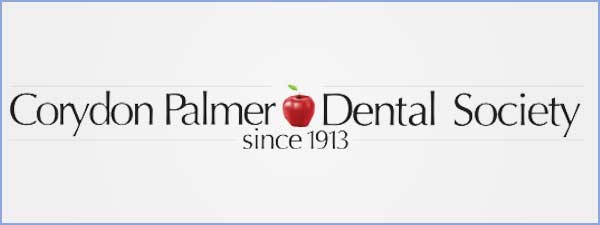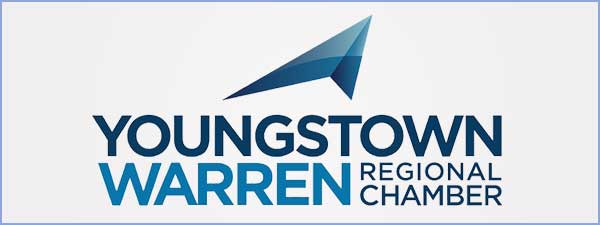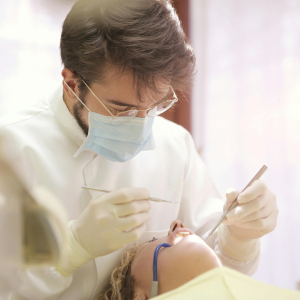
Sleep apnea is a serious condition that affects not only your sleep quality but also your overall health, including your oral health. Characterized by interrupted breathing during sleep, sleep apnea can lead to several complications, many of which impact your mouth and teeth.
In a previous blog post, we discussed how customized oral airways in Niles can help treat sleep apnea. In this blog, we'll explore how treatment from a sleep dentist can significantly improve both your sleep and oral health.
What is Sleep Apnea?
Sleep apnea is a condition where a person’s breathing repeatedly stops and starts during sleep. There are three types of sleep apnea:
-
Obstructive Sleep Apnea (OSA):
The most common form, where throat muscles relax too much and block the airway.
-
Central Sleep Apnea:
The brain doesn't send the right signals to the muscles that control breathing.
-
Complex Sleep Apnea Syndrome:
A combination of obstructive and central sleep apnea.
Many people with sleep apnea don’t realize they have it, but common symptoms include snoring, choking during sleep, morning headaches, daytime fatigue, and dry mouth.
Oral Health and Sleep Apnea
You may not immediately associate sleep apnea with your teeth and gums, but the condition can lead to several oral health issues. Here’s how:
Dry Mouth
Sleep apnea can cause mouth breathing during the night, leading to dry mouth (xerostomia). Without sufficient saliva, your mouth becomes more vulnerable to cavities, gum disease, and bad breath. Saliva is essential for neutralizing acids and protecting your teeth from decay.
Tooth Grinding (Bruxism)
People with sleep apnea often experience bruxism, or nighttime teeth grinding. The strain from grinding can wear down the enamel, increase the risk of tooth fractures, and lead to jaw pain. Many sleep apnea doctors in Youngstown offer custom night guards to protect your teeth from the harmful effects of grinding.
TMJ Disorders
Sleep apnea can cause stress on the temporomandibular joint (TMJ), leading to pain and dysfunction in the jaw. TMJ disorders can manifest as jaw clicking, popping, and pain during chewing or speaking. A sleep dentist in Youngstown can help diagnose and treat TMJ issues related to sleep apnea.
Gum Disease
There’s a significant link between sleep apnea and gum disease. The inflammation caused by obstructive sleep apnea can increase your risk of periodontitis, a serious gum infection that can lead to tooth loss if untreated. Seeking sleep apnea treatment in Youngstown can reduce this risk by addressing the underlying cause.
How a Sleep Dentist in Youngstown Can Help
If you suspect you have sleep apnea, visiting a sleep apnea doctor in Youngstown is essential. These specialists can diagnose the condition and recommend effective treatments. However, many people are unaware that a sleep dentist can also provide valuable support in managing sleep apnea and its effects on oral health.
Oral Appliances for Sleep Apnea
A sleep dentist can fit you with a custom-made oral appliance designed to keep your airway open during sleep. These appliances, often called mandibular advancement devices, gently move your lower jaw forward, preventing airway obstruction. This is an effective, non-invasive sleep apnea treatment option, especially for those with mild to moderate OSA.
CPAP Alternatives
For patients who find CPAP (Continuous Positive Airway Pressure) machines uncomfortable, sleep dentists may offer alternative treatments. Oral appliances can sometimes be used in conjunction with CPAP to enhance comfort and effectiveness or as a standalone treatment for those unable to tolerate the machine.
Treating Bruxism and TMJ Disorders
Sleep dentists also treat bruxism and TMJ disorders, which are common in sleep apnea patients. With custom mouthguards or specialized therapy, they can help relieve jaw pain and prevent further damage to your teeth.
Conclusion:
Sleep apnea isn’t just a sleep disorder; it can have a profound impact on your oral health as well. From dry mouth to tooth grinding, the effects of sleep apnea can lead to significant dental issues. However, with proper treatment from a sleep dentist in Youngstown, you can manage your condition and improve your quality of life.
If you suspect you have sleep apnea, don’t wait. Contact us at (330) 752-6226 to schedule a consultation. Your path to better sleep starts here!

